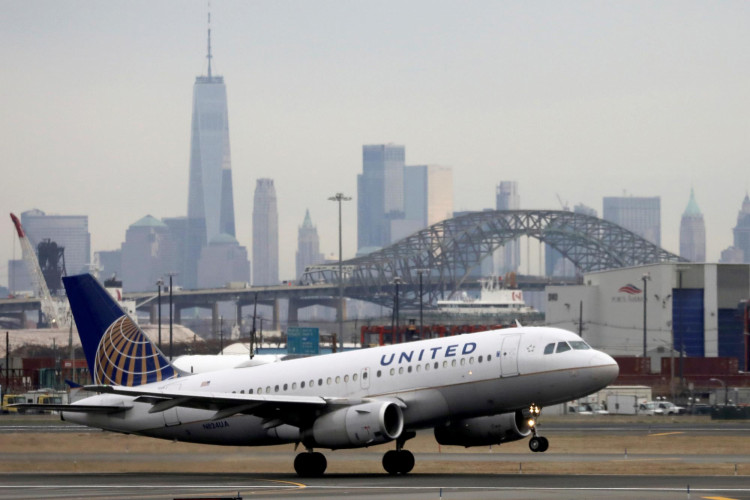United Airlines has reported a $200 million hit to its earnings in the first quarter of the year, largely attributing the loss to the three-week grounding of Boeing 737 Max 9 jets following a mid-flight blowout incident on an Alaska Airlines flight in January. The US carrier stated that without the disruption caused by the grounding, it would have reported a quarterly profit.
The incident, which forced an Alaska Airlines flight to make an emergency landing after a mid-cabin door plug blew out at 16,000 feet, prompted US regulators to order the temporary grounding of 171 Boeing 737 Max 9s. An initial investigation by the safety watchdog revealed that the panel appeared to be missing four bolts. United Airlines, which had to ground 79 Max 9 aircraft during the three-week period, was the most affected carrier.
In addition to the grounding, United Airlines has also been impacted by restrictions put in place by the Federal Aviation Administration (FAA) to limit Boeing's production capacity. As a result, the carrier now expects to receive only 66 aircraft this year, a 25% reduction from its original expectations. United's chief executive, Scott Kirby, commented on the situation, saying, "We've adjusted our fleet plan to better reflect the reality of what the manufacturers are able to deliver."
The aircraft delivery delays have forced United to pause pilot hiring and offer voluntary unpaid leave to its pilots. The airline also announced that it no longer expects the Boeing 737 Max 10, the latest and longest version of the Boeing 737, to be delivered this year due to the ongoing questions about the quality and safety of Boeing jets, which have likely pushed back the FAA's certification to at least 2025.
In response to these challenges, United has converted a portion of its Max 10 orders to the Max 9 for deliveries from 2025 through 2027 and is considering converting more orders to smaller versions of the plane. Furthermore, the airline has reached agreements with two lessors to lease 35 new Airbus A321neos, a 737 Max competitor, with deliveries scheduled for 2026 and 2027.
Despite the Boeing disruption, United Airlines reported robust demand for domestic and transatlantic flights, along with a pickup in corporate travel spending. The airline's revenue was up nearly 10% to $12.5 million, with most of the gain coming from a 9% increase in miles flown by paying passengers, as United was able to increase capacity from a year earlier despite the 737 Max 9 grounding.
However, the airline still reported an adjusted loss of $50 million in the quarter, an improvement from the $207 million loss it had in the same period last year. The measures of fares, such as the average amount paid by passengers for each available seat, adjusted for miles flown, were up about 1%.
The ongoing quality issues at Boeing have not only impacted United Airlines financially but have also brought fresh questions about the safety and quality of Boeing planes. A recent whistleblower claim by Sam Salehpour, a Boeing engineer with more than a decade of experience, alleged that the company's 787 Dreamliners were at risk of premature failure due to shortcuts taken during production to reduce bottlenecks. The FAA is currently investigating these claims, while Boeing maintains it is fully confident in the safety of the 787 Dreamliner.





